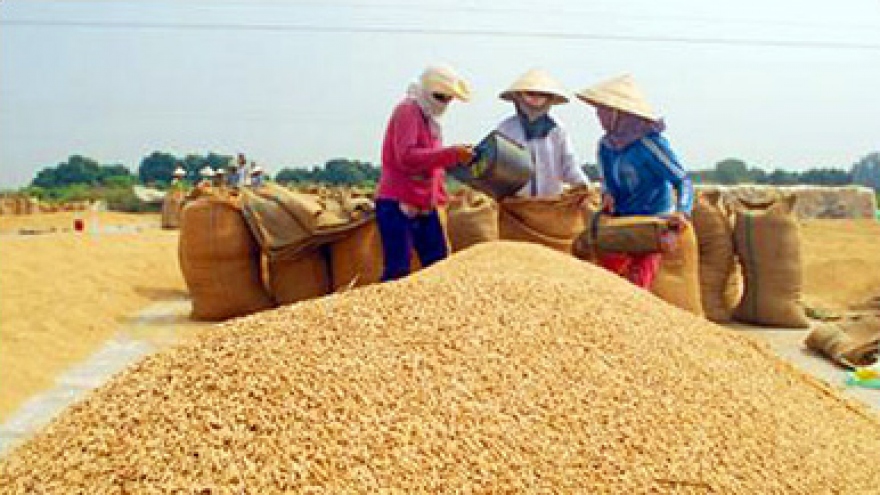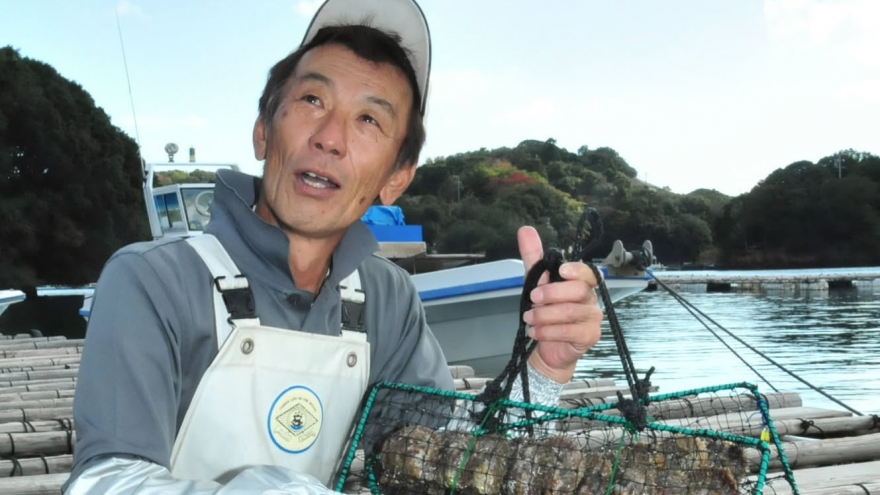Vietnam cow farmers in dire straits over high domestic milk prices
Although domestic dairy products supply only a small proportion of demand in Vietnam, cow farmers in the southern region still cannot sell their milk to dairy companies and face severe hardship unless something is done to reduce the price of domestic milk.
About 800 households raising cows in Cu Chi District, Ho Chi Minh City are unable to sell their milk to dairy firms as no trading contracts have been signed between them.
This happens despite a recent statement by Dinh La Thang, Secretary of the Ho Chi Minh City Party Committee, encouraging dairy farmers to do so.
Nearly 40,000 cows are raised in the district, and about ten thousand have recently been sold due to their milk products securing no buyers.
Not only is this the case in Cu Chi, but similar situations also exist at other cow husbandry locales in the metropolis and in other provinces like Lam Dong and Long An.
The amount of milk being sold is only sufficient for 30 percent of total demand, said the Husbandry Branch of Vietnam’s Ministry of Agriculture and Rural Development.
But milk firms here refuse to source dairy products from local cow farmers.
“What a paradox!” exclaimed Hoang Thanh Van, head of the branch.
Nguyen Dang Vang, chairman of the Animal Husbandry Association of Vietnam (AHAV), said prices of milk sourced from cow farmers in Vietnam are now about VND12,000-14,000 (US$0.54-0.63) per kilo, nearly double that of milk shipped from the US.,
Australia, New Zealand, and European countries, which sells for about VND7,000-9,000 (US$0.3-0.4) per kilo.
Therefore, priority is given to buying milk powder from these countries over fresh milk from local farmers, Vang said.
According to dairy experts, global milk prices have dropped significantly in recent times, which is one of the reasons why cow farmers are finding it difficult to sell their products.
If no appropriate measures are taken to lower domestic milk rates, Vietnam’s dairy industry and cow raisers in particular could lose their competitive edge and find themselves in a worsening predicament when the Trans-Pacific Partnership agreement comes into effect in 2018, experts have warned.
Luu Van Tan, chief of dairy product development at FrieslandCampina Vietnam Co., argued that integration means accepting competition, not asking any agency for support in any form.
“We encourage farmers in places that are difficult to raise cows to switch to a more profitable occupation,” Tan said.


